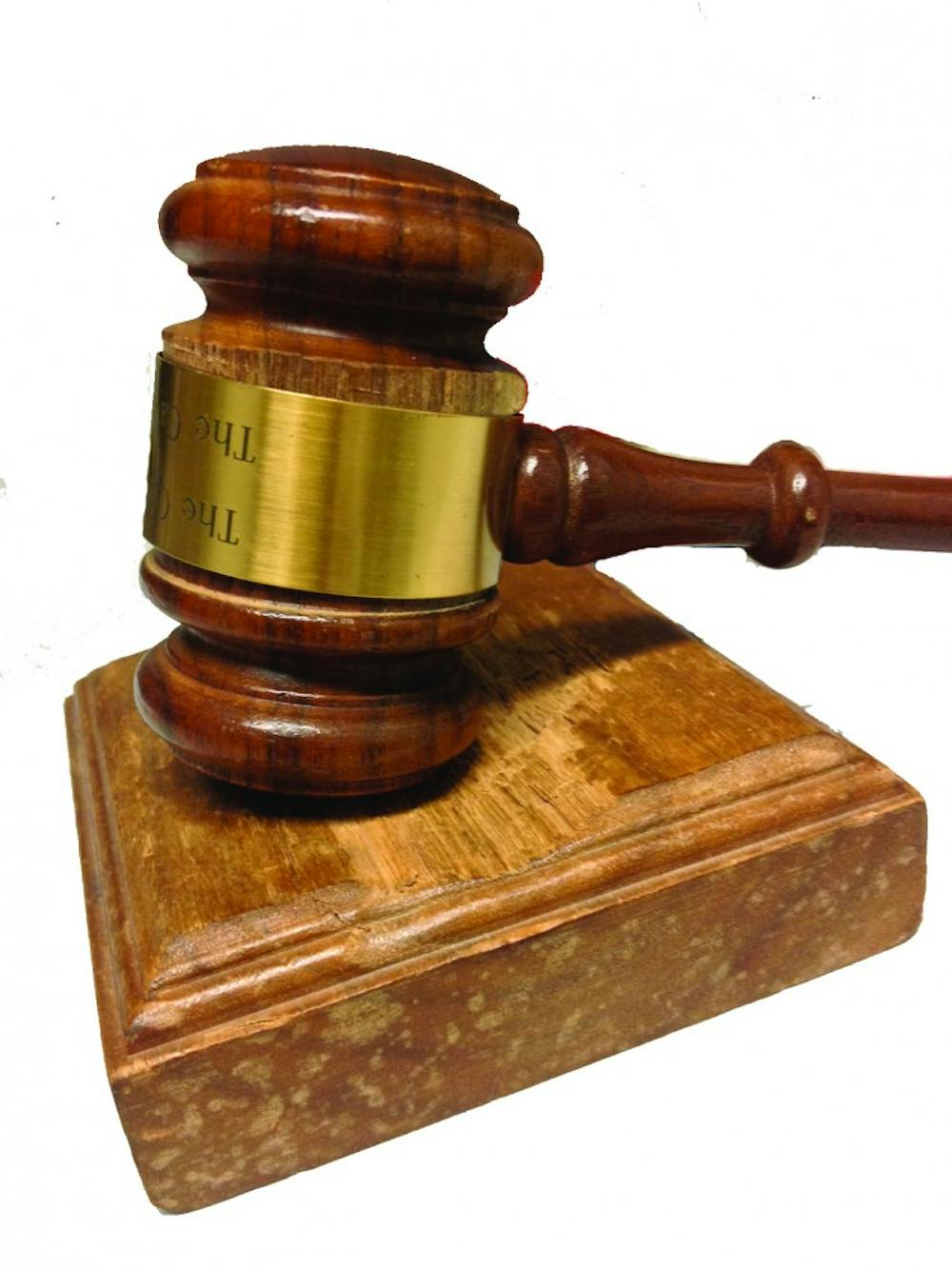Most student organizations aim to highlight their successes. Dollars raised and events held signify a group’s importance and make attractive additions to students’ LinkedIn profiles. But the Honor Committee — sometimes maligned for its self-importance — has, as of late, pursued a different strategy. Far from parading its achievements, the Committee has been trumpeting its own dysfunction.
Students running to be Committee representatives have branded themselves bearers of a broken system. Two major problems plaguing honor are community buy-in and the consistency with which honor offenses are handled. The two problems reinforce each other.
A slim percentage of professors, and a slimmer percentage of students, feel comfortable reporting honor offenses to the Committee. Students committing identical honor violations — for example, plagiarizing an essay — receive different punishments based on their instructor’s attitude toward the honor system. One student who plagiarizes might get a zero on the assignment or a failing grade in the class. Another might get reported to the Committee and ultimately expelled from the University. Unless more students and faculty begin addressing honor offenses through the Committee rather than handling them independently, single sanction is, in practice, a myth — and consistency emerges as a problem from the start.
Where consistency can be ensured, however, is at trial. In the past, Committee leaders say, honor trials have been wildly inconsistent. Juries comprised of random students, with no honor trial experience and only marginal training in the Committee’s bylaws, will convict some guilty students but acquit others in the face of comparable overwhelming evidence.
The nature of the Committee’s operations limits the transparency we can demand. We have to take much of what the Committee says on trust when evaluating its proposed reforms. Because most trials are closed and federal student privacy rights prohibit the Committee from releasing extensive trial summaries, the majority of students have no way to gauge the competence of random student juries. And if a random student panel found an innocent student guilty, Committee members, bound by legal advisors, would be unable to tell us.
Would the Committee’s proposed reforms, the Restore the Ideal Act, solve honor’s problems? The act, which would modify the Committee’s bylaws to include an informed-retraction option and would change the Committee’s constitution to include a stipulation that jury panels consist of five elected Committee members, is not without its flaws. But it is a bold attempt to fix a system that no longer does its job. The choice is one between paralysis and action. We can keep a dysfunctional honor system, or we can adopt reforms that are not quite perfect. The solution is action followed by more action. Students should vote in favor of the proposed reforms. And should the reforms pass the Committee must take steps to mitigate the act’s potential negative consequences.
The informed retraction stands to improve community buy-in by making people more likely to report honor offenses to the Committee. A year’s suspension is a serious punishment, but the option nonetheless points to a more flexible, forgiving system.
The act’s jury-reform component stands to improve consistency. Juries comprised of rigorously trained Committee representatives are a strong check against inconsistent verdicts.
The act is a good start, but if it passes more work remains. The crop of Committee hopefuls running in University-wide elections this year is appallingly homogeneous. To mitigate for its lack of diversity the Committee must reinvigorate its Diversity Advisory Board. Diversity Advisory Board representatives should have the option to observe honor trials and thus act as a check against potential bias. The Committee should also extend its reach by appealing to intermediaries — students who aren’t Committee support officers but also aren’t entirely detached from the Committee. The group Student Athletes Committed to Honor is an example of how the Committee can both build allies and ensure it is fairly treating all student population groups, particularly those that suffer overreporting.
The Committee should release public summaries at the end of each semester in a University-wide email. The body should also introduce a public-appeal option, which would allow students convicted in a closed trial to appeal the Committee’s decision in an open hearing.
Finally, the Committee should push for spotlighting training for new faculty hires. It also needs to better train its own members: extending instruction on bias and reasonable doubt will help representatives conduct trials justly.
The reforms enact incentives for students to be honest. Rather than tap-dancing through trial and using a random-student jury’s inexperience and uncertainty about honor to win acquittal, guilty students would have the option of immediately admitting guilt or taking their chances with a seasoned panel. And the expertise of an all-Committee jury protects innocent students from wrongful convictions — what has worked well for the University Judiciary Committee will work well for the Honor Committee.
The Committee’s contentious proposal, if followed by further action, has the ability to correct flaws in the honor system: and honor, at the University, is an ideal worth restoring.







